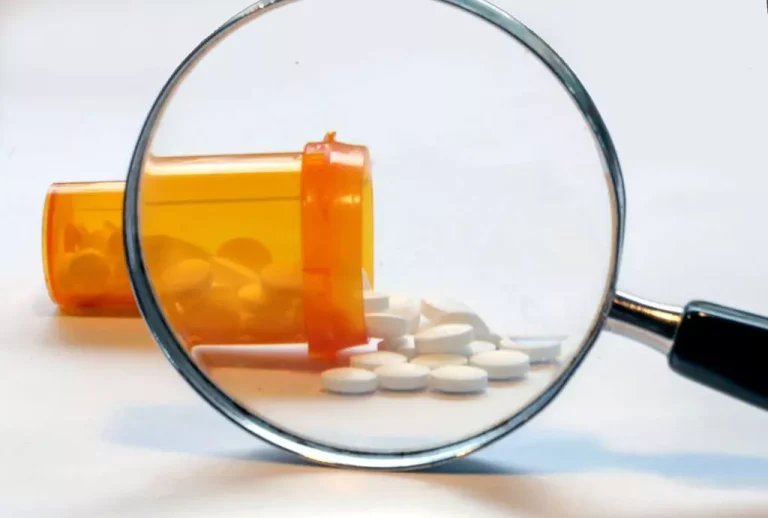
Drinking a lot of water is an excellent way to remove marijuana from your system. When you drink lots of water, cannabis is flushed out of your body. Some people also use cranberry juice to increase urination and to promote the removal of cannabis from your body. You may start to fixate on the next time you will use marijuana, which can lead you to amphetamine addiction treatment lose focus on other important aspects of your life. Discover the five steps to getting clean and sober, overcoming challenges, and embracing a new life of sobriety. Discover eye-opening heroin addiction statistics and insights on treatment approaches and comorbidity factors.
Benzodiazepine overdose: symptoms and treatment
If you find that you depend on weed use on a regular basis, it may feel challenging to discontinue use. There are supplements or vitamins you can take to improve the detoxification experience. Some of the supplements include herbs such as valerian root, burdock root, and more.
How Financial Planning Supports Stability in Recovery

Substance addiction doesn’t only affect one person; it impacts the entire family. Family therapy provides a platform for family members to come together and discover ways to support their loved one during detox and the recovery that follows. The process can heal strained relationships, improve communication and establish boundaries. It allows the person’s family to become a vital support system, further enhancing their chances of successful recovery. Group therapy connects you with other individuals navigating their own detox and recovery journey and offers a space for shared experiences and mutual support.
- Healthcare providers at drug rehab centers evaluate the client and obtain a thorough medical and drug use history.
- But, if you don’t have insurance or the money to pay for this type of care, some inpatient detox programs serve people who can’t pay.
- A person’s physiology, age, gender, and mental and physical health impact the severity and timeline of symptoms.
Drug Detox During Pregnancy
- As your body adjusts to its new “normal,” various factors can affect how it processes any drug byproducts out of your system.
- Some studies show that rapid detox can make mental health symptoms worse.
- Depending on the substance, these symptoms usually peak around 2-4 days and last a total of 1-2 weeks.
- You should expect to gradually lower your dose over a period of several weeks or even a few months.
- The goal of this treatment is to provide a faster detox process with fewer withdrawal symptoms.
Sober living environments can provide a safe and supportive space to focus drug detox on your recovery. It allows you to understand why you started using the substance in the first place and learn healthier ways to deal with stress or problems. While detox alone is not sufficient for long-term recovery, it lays the essential groundwork for further treatment. You are not limited to the above questions, but they should help jumpstart your search for the appropriate detox program for your needs. Detox specialists can keep fetuses safe and healthy by treating pregnant women in detox.


For some drugs, like opioids, detox may last longer, while for others, such as stimulants, it may be shorter. Adhering to your doctor’s prescribed medication schedule (or other instructions) is crucial for preventing relapse and minimizing the risk of complications that could arise from being inconsistent. While much of how your body reacts to detox is based on your health and genetics, you can still make some changes to improve your experience. Understanding these factors can help give you an idea of what to expect during this critical phase of addiction treatment. Sometimes, it takes a lot of time and trial and error to determine the perfect fit. BetterHelp can connect you to an addiction and mental health counselor.


For instance, in the treatment of Alcohol Use Disorder (AUD), medications such as acamprosate, disulfiram, and naltrexone are employed to alleviate withdrawal symptoms and curb cravings. The time spent in detox is mostly focused on getting through withdrawal symptoms, but afterward, the focus shifts to understanding and treating the root causes of addiction. Together with therapists and your medical team, you’ll work to understand why you started using drugs in the first place and how to cope with life’s struggles without them. Treatment will also provide long-term strategies that reduce cravings and habits that could lead to relapse. Therapy, in its various forms, can play a crucial role in the detoxification process.
- The most common withdrawal symptoms individuals experience include digestive issues, runny nose, watery eyes, sweating, anxiety, and muscle aches.
- Common withdrawal effects may include nausea, anxiety, insomnia, and intense cravings.
- The procedure is performed in a hospital or clinic and is usually completed in two to four days.

